Vice-Premier Liu He, a member of the Political Bureau of the Communist Party of China Central Committee and chief of the Chinese side for the China-U.S. comprehensive economic dialogue, spoke by video link with U.S. Treasury Secretary Janet Yellen on Tuesday morning at the U.S.' request.
The two sides had a pragmatic and candid exchange of views on topics such as the macroeconomic situation and the stability of global industrial and supply chains. The talks were constructive, according to China's Ministry of Commerce.
Zhao Lijian, a Foreign Ministry spokesman, said at a news conference on Tuesday that strengthening China-U.S. coordination is of great significance as the world economy faces challenges.
During the video talks, the two sides agreed that strengthening macro-policy communication and coordination between China and the United States is of great significance amid global challenges.
They also agreed that maintaining the stability of global industrial and supply chains is in the interests of both countries and the world.
"Closer China-U.S. cooperation, thanks to their complementarity in markets, industries and technologies, will provide more growth momentum and development opportunities for both the nations and the world," said Zhou Mi, a senior researcher at the Chinese Academy of International Trade and Economic Cooperation.
"The world's two largest economies must meet each other halfway to strengthen cooperation, and jointly stabilize global industrial and supply chains through reducing bilateral trade and investment barriers," said Liu Ying, a researcher at the Chongyang Institute for Financial Studies of Renmin University of China in Beijing.
Liu said full pullback of additional tariffs on China by the U.S. would benefit the two nations and provide urgently needed impetus for global economic growth.
The additional levies between China and the U.S. in recent years have caused remarkable cost increases for consumers and enterprises, and they also damaged confidence in global free trade and economic cooperation, according to Zhou, the CAITEC researcher.
During the video talk, the Chinese side expressed its concerns on issues including removing additional tariffs on China and sanctions by the U.S., and fair treatment of Chinese enterprises.
The two sides also agreed to maintain communication.
Foreign business leaders said improvement in China-U.S. communications would facilitate their operations in China.
Nathan Stoner, vice-president of U.S. power solutions provider Cummins Inc and chairman of Cummins China, said the company sees huge market potential in China.
Stoner also said China's recently released medium-and long-term development plan for the hydrogen industry encourages foreign investment and offers attractive policy incentives, which will lead to more foreign investment in technology innovation, product development and supply chains in China.









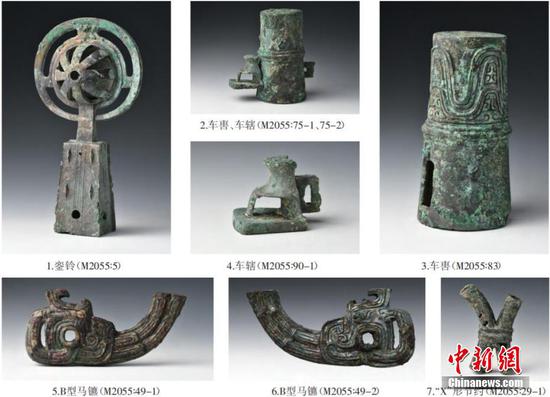




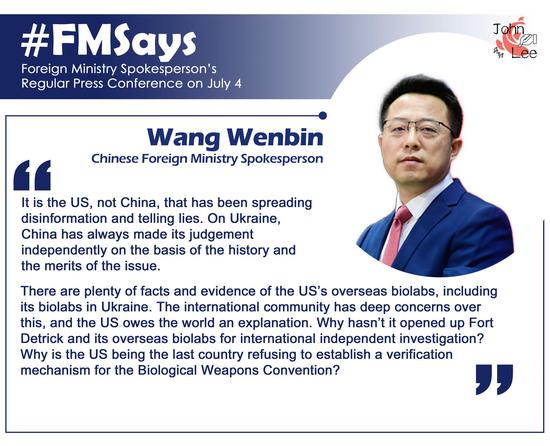
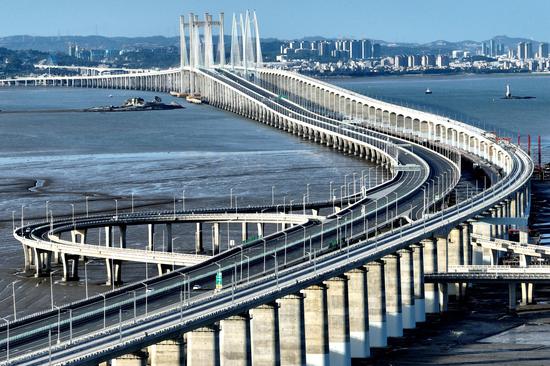
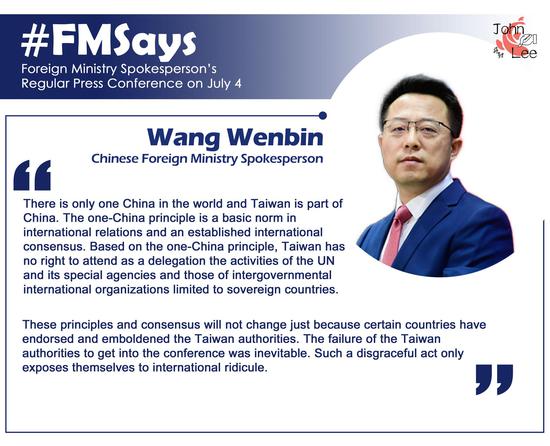

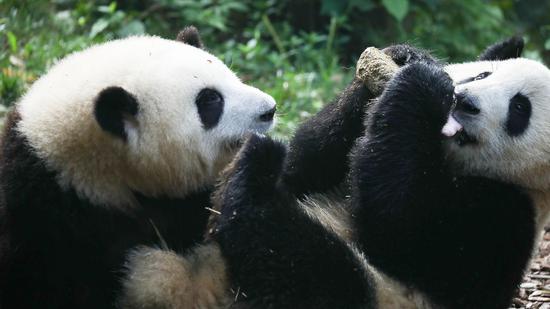
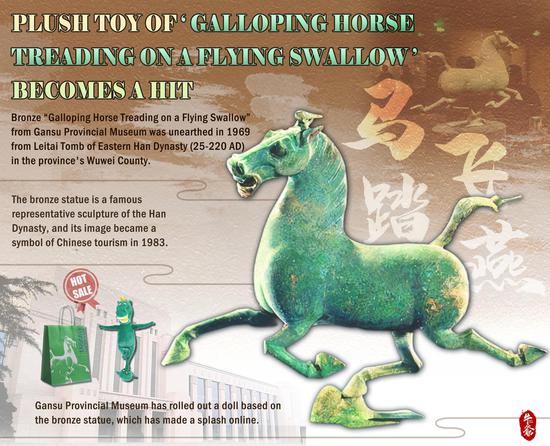

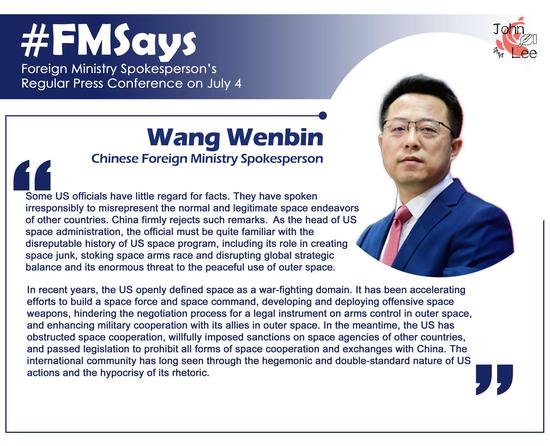
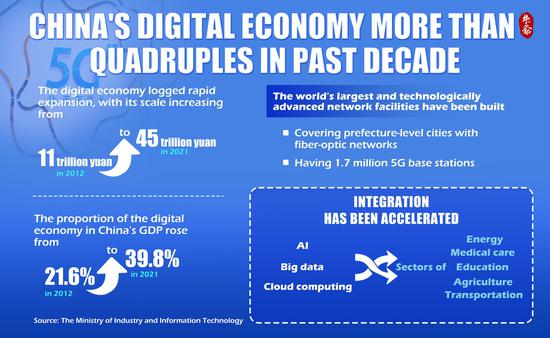
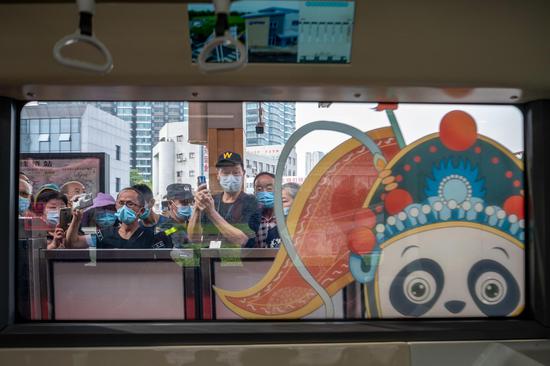




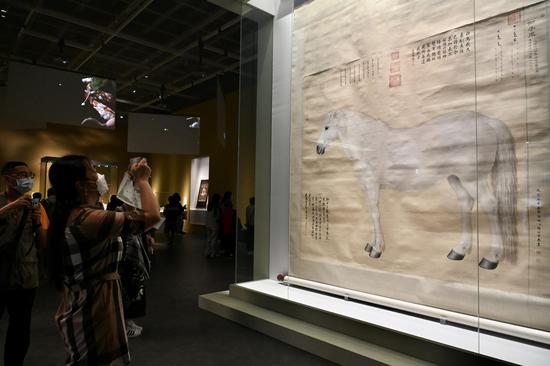

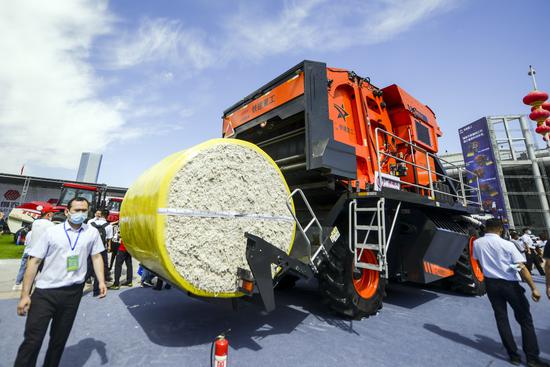
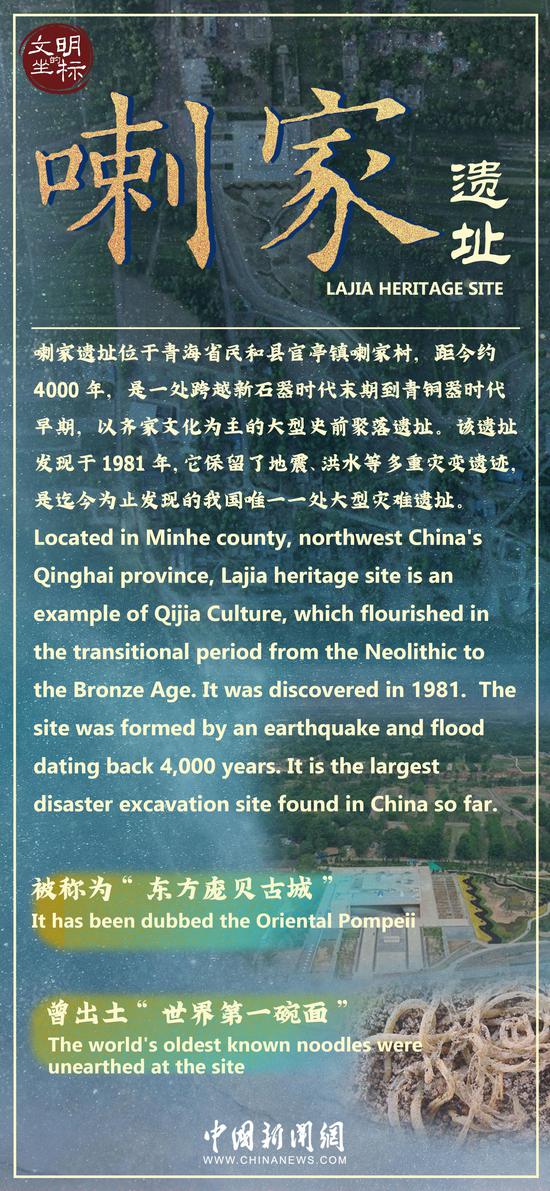





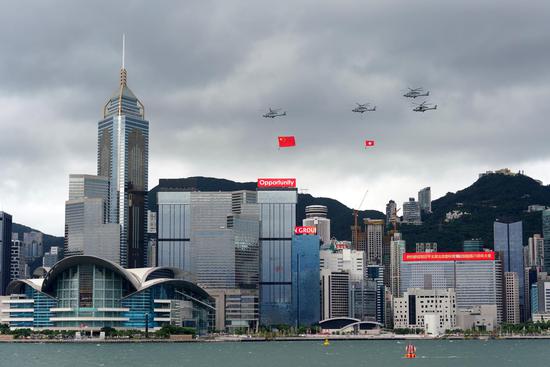
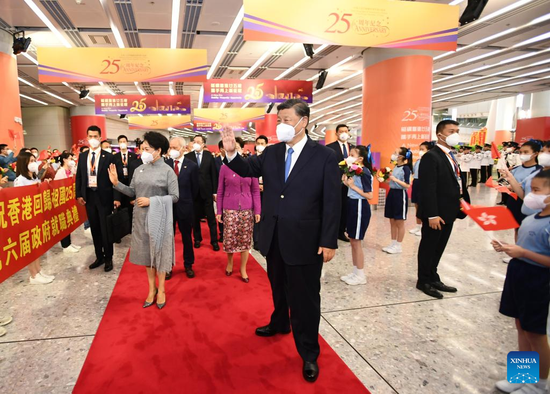


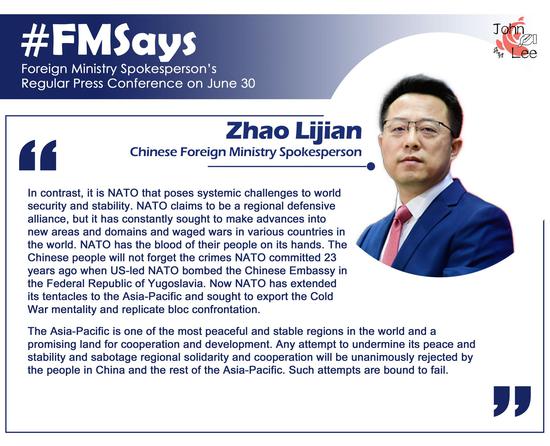
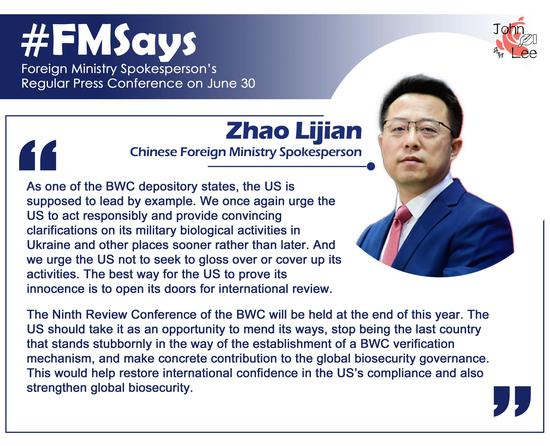
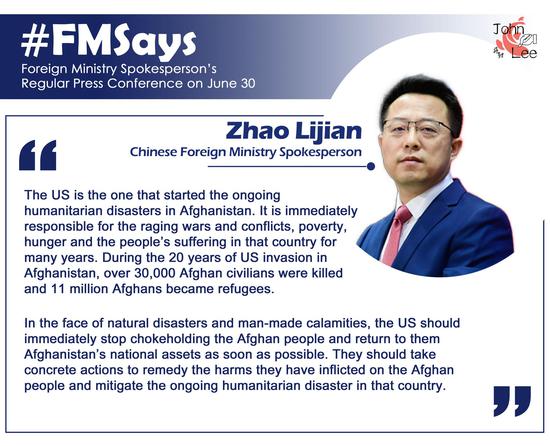
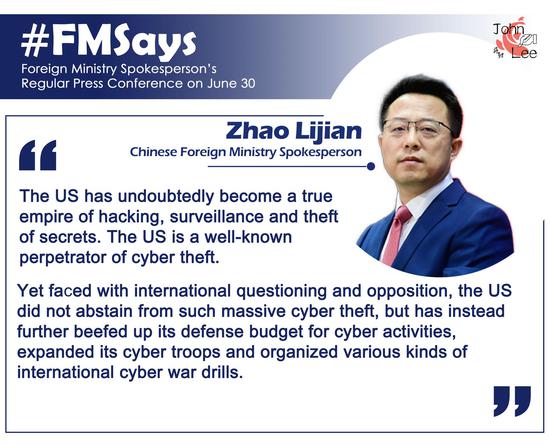





 京公网安备 11010202009201号
京公网安备 11010202009201号